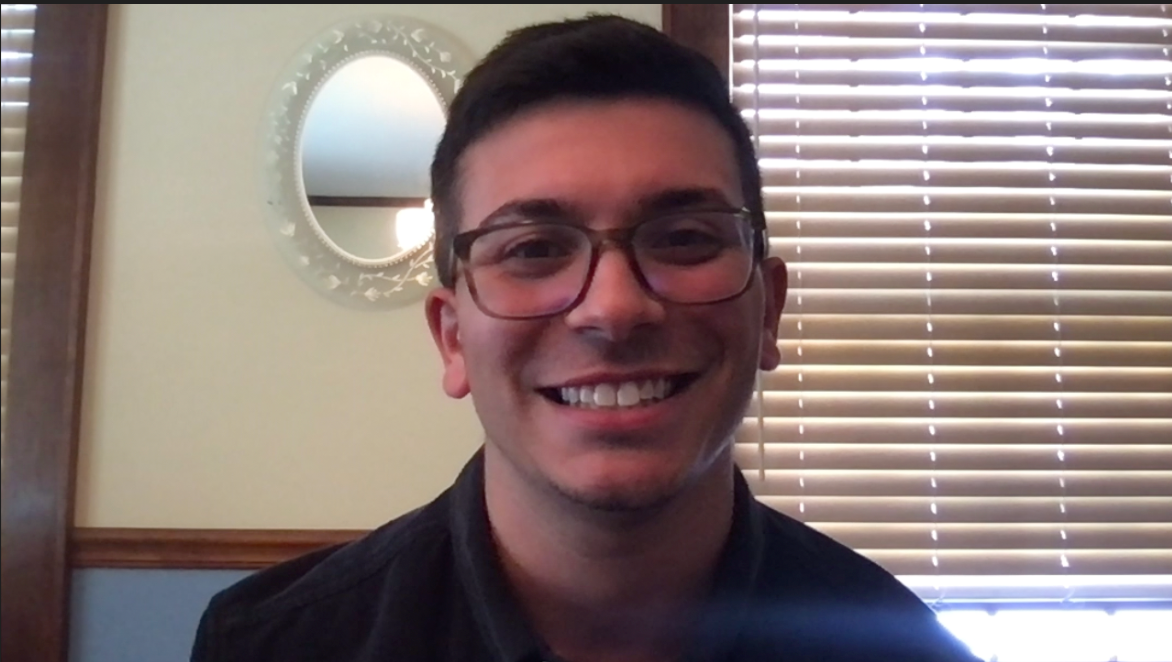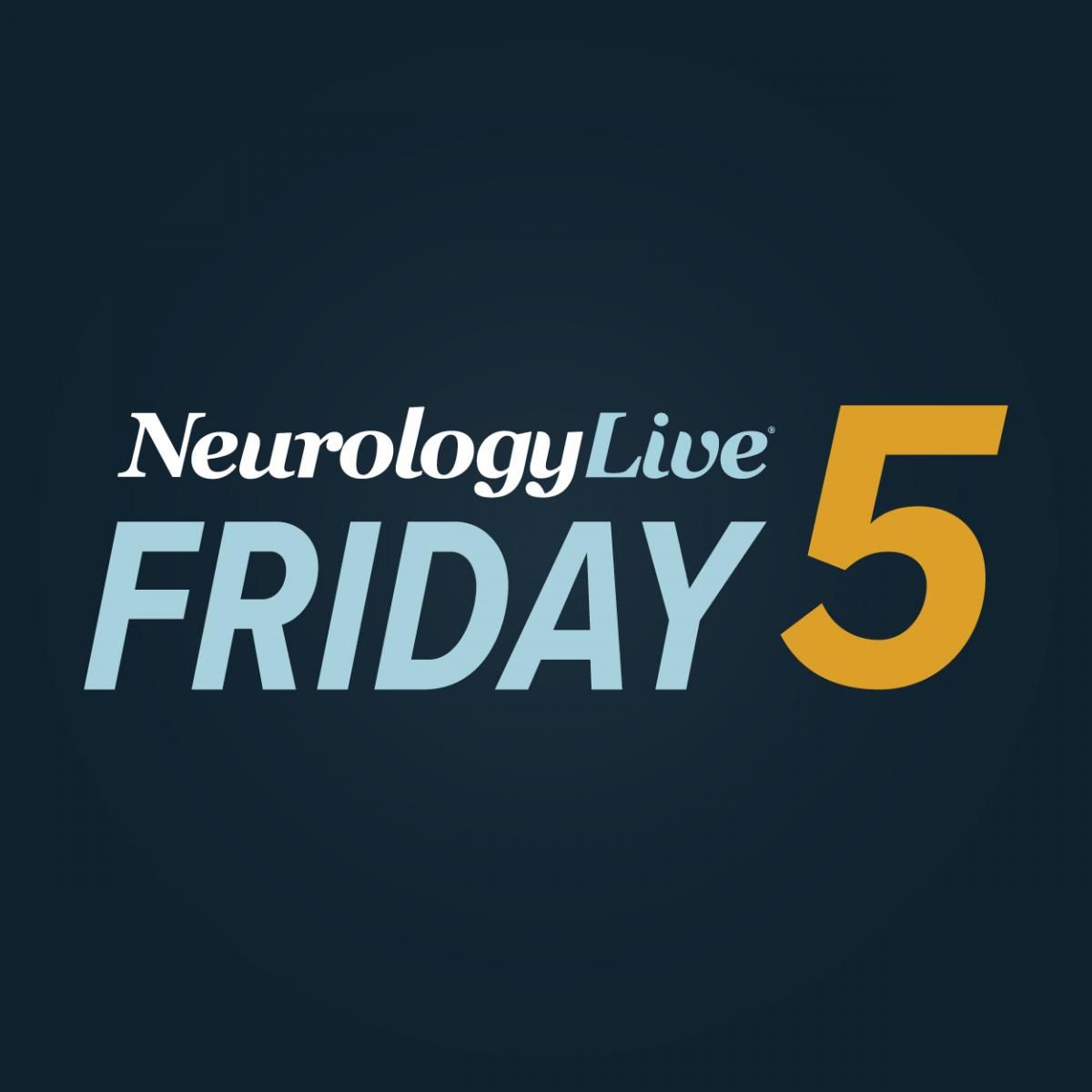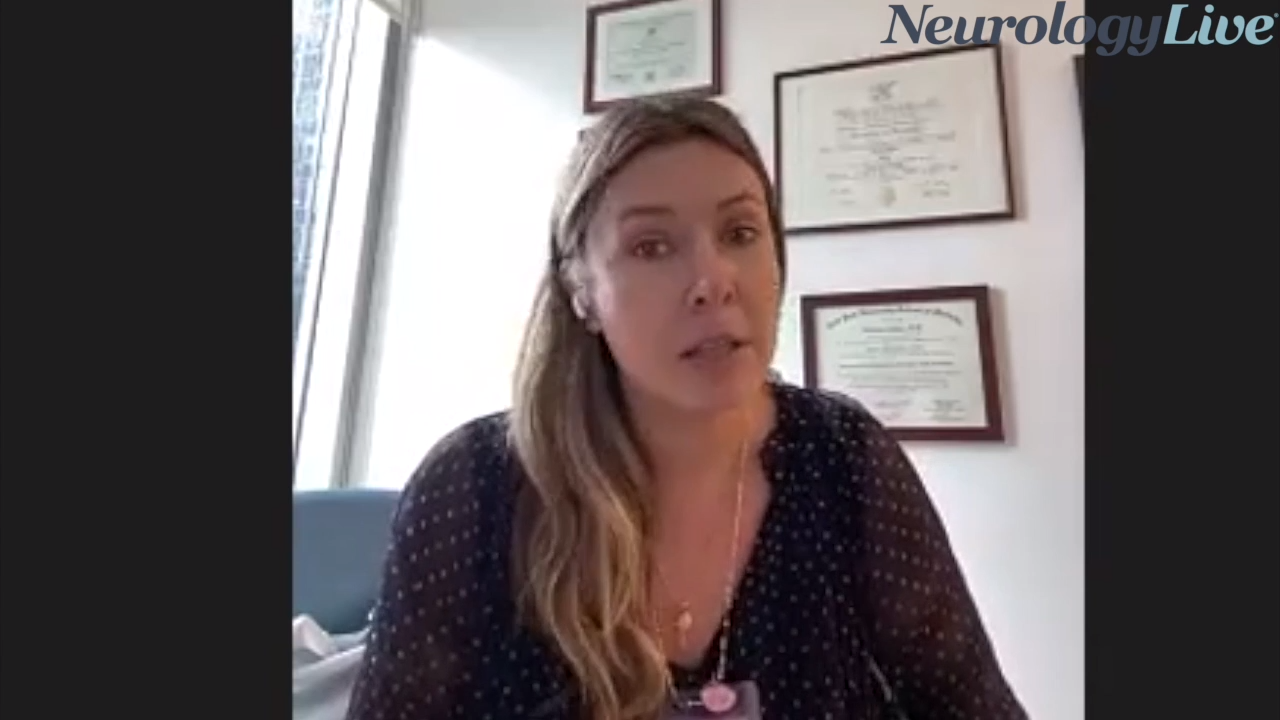
Headache and Migraine
Latest News
Latest Videos

CME Content
More News

Patients will be randomized to either 120-mg galcanezumab or 75-mg rimegepant and will be evaluated on the percentage of patients achieving a 50% reduction in monthly migraine headache days.

The director of the Montefiore Headache Center discussed the momentum within the migraine research community as well as some of the more notable presentations from AHS 2021.
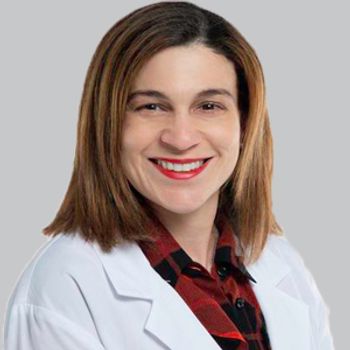
The treatment device from Theranica also demonstrated a positive impact on patients who experienced menstrual cramps or pelvic pain.

Here's what is coming soon to NeurologyLive.
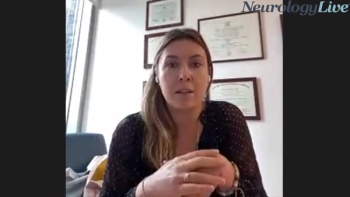
The pediatric headache specialist at NYU Langone discussed what physicians should be aware of related to the signs and symptoms associated with pediatric migraine.

Deena Kuruvilla, MD, the medical director of the Westport Headache Institute spoke to the potential of e-TNS in the treatment of migraine overall and which gaps in care that it might fill.

The vice president of Medical Affairs in Migraine at Impel discussed the clinical takeaways from the STOP 301 trial of intranasal DHE and the advantages that the novel formulation might offer patients with migraine.
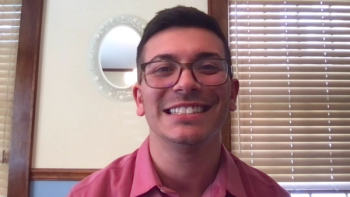
Neurology News Network for the week ending June 26, 2021.
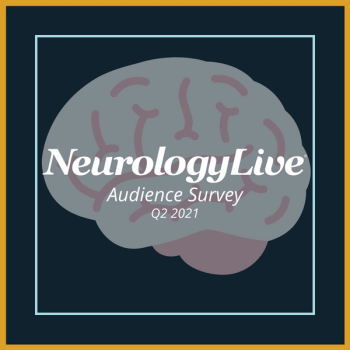
We kindly ask you to share 5 minutes of your time with us in order to help us better understand how you use social media and how we can better serve you across different platforms.

Take 5 minutes to catch up on NeurologyLive's highlights from the week ending June 25, 2021.

Calli L. Cook, NP, DNP, nurse practitioner, Woodruff School of Nursing, Emory University, detailed her vision for creating change within the neurology field by incorporating advanced practice clinicians.

The vice president of Medical Affairs in Migraine at Impel discussed the STOP 301 trial of intranasal DHE and how the safety profile offers a positive for patients who would use the agent on-demand.

At 2 hours after the start of the infusion, headache pain freedom was reported by 23.5% of patients receiving eptinezumab compared to 12% in the placebo group.

The vice president of Medical Affairs in Migraine at Impel discussed the gaps in care that novel dihydroergotamine formulations, such as INP104, might be able to fill for patients with migraine.
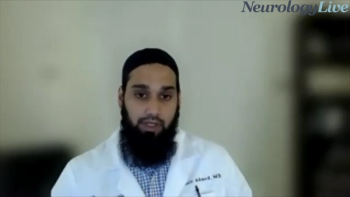
The neurologist from Cleveland Clinic provided perspective on why there is a need for continued pressure to research and understand more about COVID-19 and its association with headache.

Here's what is coming soon to NeurologyLive.
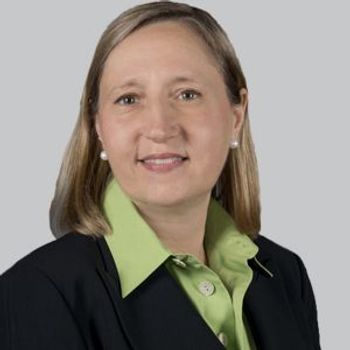
After showing early success, zavegepant eyes a pivotal phase 2/3 trial with potential regulatory submission around the corner.

Take 5 minutes to catch up on NeurologyLive's highlights from the week ending June 18, 2021.

The director of the Headache Center of Southern California discussed research opportunities for layered treatment approaches in migraine.
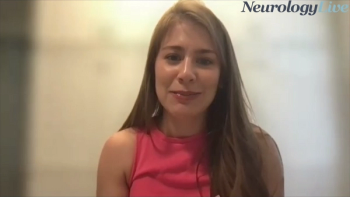
The nurse practitioner at the Woodruff School of Nursing at Emory University detailed why a cultural shift is needed to incorporate APCs into the neurology space and thus improve multidisciplinary care.

The director of the Montefiore Headache Center discussed future aspirations and potential combinations that should be researched to treat patients with migraine.
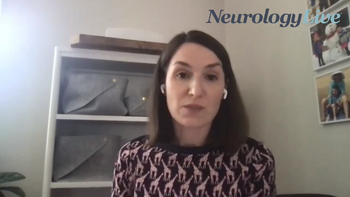
The program director of the Medstar Georgetown University Hospital Headache Medicine Fellowship program discussed the potential of INP104 to improve migraine patient care.

The medical director of the Westport Headache Institute spoke to the role that devices can play in layered and variable treatment approaches, and how this better lends itself to offering personalized treatment to different individuals with migraine

Here's what is coming soon to NeurologyLive.

The director of the Headache Center of Southern California shared his thoughts on the factors and barriers that go into conducting trials that treat patients with migraine with multiple drugs.


